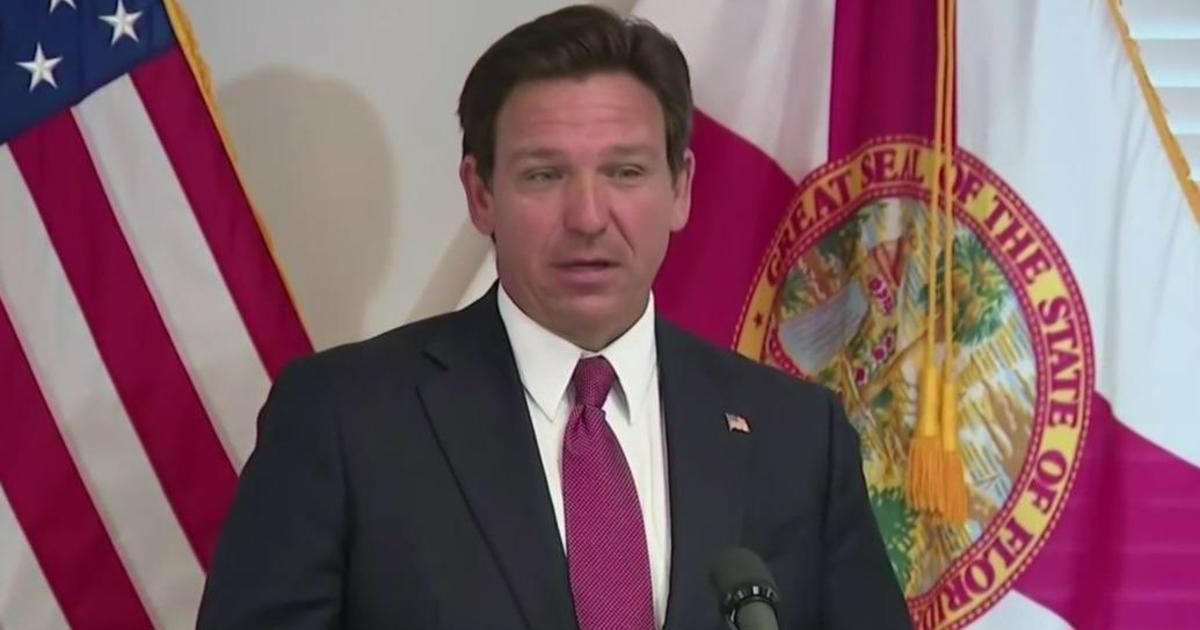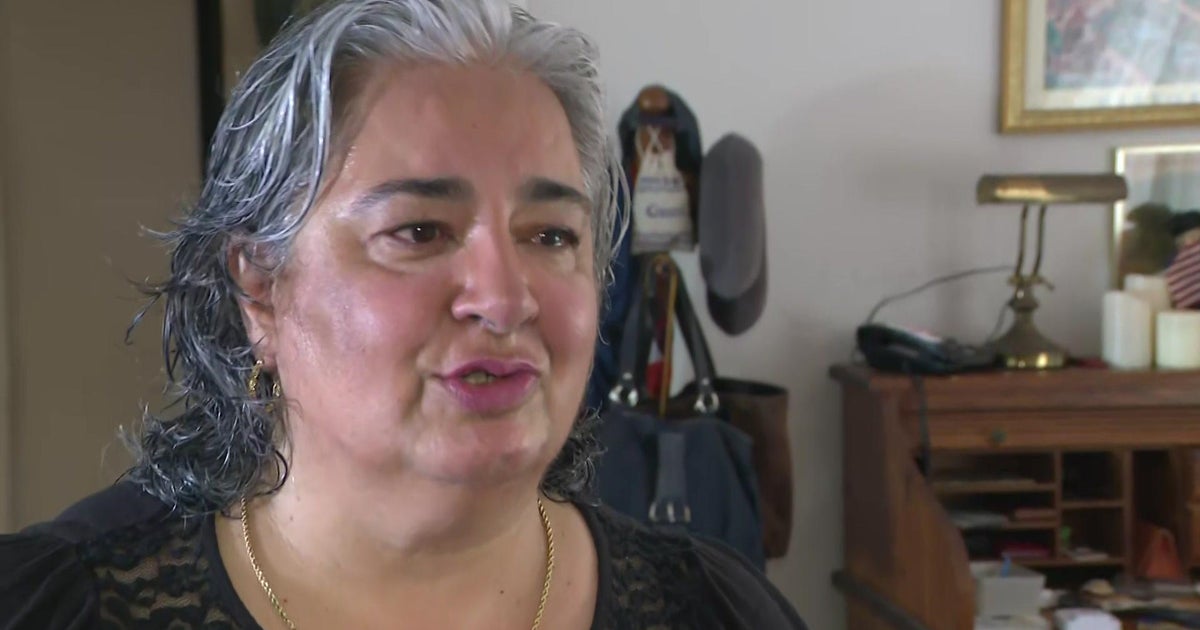Senate Takes Up Tax Cuts
WASHINGTON (CBS4) - Monday, the United States Senate gave preliminary approval to a tax-cut deal struck by President Barack Obama and the GOP. The vote was essentially a test to see if there were more than 60 votes to overcome a likely filibuster.
If the package, or one similar, doesn't pass through Congress and get signed into law by January 1, tax rates for almost everyone will revert back to the level in 2000.
The package deal between Obama and the GOP will also feature a one-year renewal of jobless benefits for the long-term unemployed, but put the tax cuts at a two-year extension. It will also cut Social Security payroll taxes for a year.
However, the price of the tax cuts will be more than the stimulus package, which the GOP railed against in November's elections. It will also feature large tax cuts for the wealthiest millionaires and billionaires in the United States.
The vote will not be along party lines. There will be Republicans who vote against it because of the cost; and Democrats who vote against it because of the tax cuts for the wealthy and the estate tax.
That is, if they can get to the Capitol to vote: Midwestern lawmakers may have difficulty getting back from their home states owing to the major snowstorm that has grounded more than 1,000 flights. The White House expects the bill to pass by year's end.
Appearing on CBS News' "Face the Nation" Sunday, White House Senior Adviser David Axelrod predicted passage for the tax deal worked out between the Obama administration and congressional Republicans.
"This is going to help our economy move," Axelrod told host Bob Schieffer. "All economists who have looked at this have said this will put a real charge into the economy."
The White House is expressing optimism, even though the Democratically-controlled House refused to bring the measure up for a vote in protest, reports CBS News congressional correspondent Nancy Cordes.
"Everybody understands what it would mean for the economy if we don't get this done," Axelrod said Sunday.
"We believe that when it comes back to the House, that we will get a vote, and that we'll prevail there, because at the end of the day, no one wants to see taxes go up on 150 million Americans ... No one wants to see 2 million people lose their unemployment insurance."
While many House Democrats have criticized the tax deal, Axelrod said he didn't foresee "major changes" being made by the House.
Nevertheless, the White House has backed itself into a no-win situation. By punting on tax cuts until the lame duck session, they allowed the GOP to bludgeon all other legislation until the Bush tax cuts were extended. Thereby, freezing almost all other business for the government until they got what they wanted.
At the insistence of Republicans, the plan includes a more generous estate tax provision: The first $5 million of a couple's estate could pass to heirs without taxation, and an additional $5 million for the spouse. The balance would be subject to a 35 percent tax rate.
That provision infuriated Democrats who are already unhappy with Mr. Obama for agreeing to extend the Bush-era tax cuts for incomes of more than $200,000 for individuals and $250,000 for couples, and who say the tax breaks will unnecessarily add to the rising federal deficit.
In all, the package would cost about $855 billion, according to a preliminary congressional estimate. However, that price will likely rise and could be over $1 trillion added to the deficit. It may also trigger unforeseen effects if the GOP makes good on its promise to not raise the debt ceiling in the new year.
That action could trigger a government shutdown and if the impasse lasted too long, it could trigger a major market meltdown here and around the world that could lead the U.S. to default on some of its bills.
"We shouldn't add to the cost of the bill - it's already too big already," said Rep. Peter DeFazio, D-Ore. "I mean, we were heading towards a $1.3 trillion deficit next year. Add this on, and we're up to a $1.75 or $1.8 trillion, one-year deficit."
On "Face the Nation" yesterday, Rep. Jerrold Nadler, D-N.Y., said the cost of extending the Bush tax cuts for the highest income levels and raising income exempt from the estate tax "really sacrifices the welfare of the country long-term."
Still, Republicans and some conservative Democrats still support the idea that tax cuts can solve anything economically and will pass the measure, despite overwhelming objection to cutting the taxes of millionaires and billionaires.
Behind closed doors, Democrats who are firmly against provisions (like the reduction in the estate tax rate) are getting sweeteners added.
Among the additions: A tax credit for renewable energy and green jobs; tax relief for mass transit; a tax deduction for elementary and secondary school teachers; and tax benefits to landowners who set aside their property for conservation.
Maryland Rep. Chris Van Hollen, a member of the Democratic leadership who represented the House in negotiations with the administration, made clear that Democrats strongly object to extending breaks to estates as large as $5 million. He said the package will be taken up in the House in some form, but there would be an effort to change the estate tax provision.



